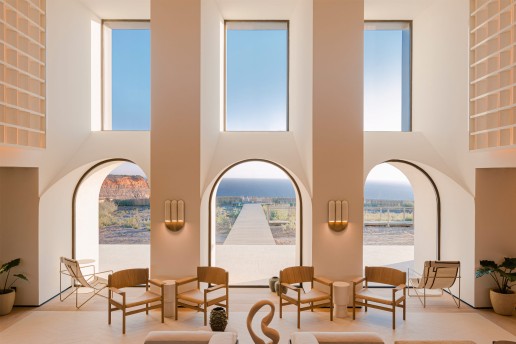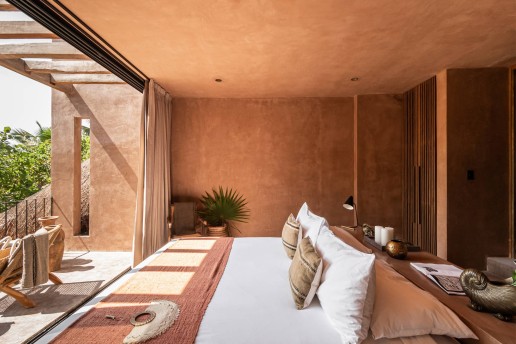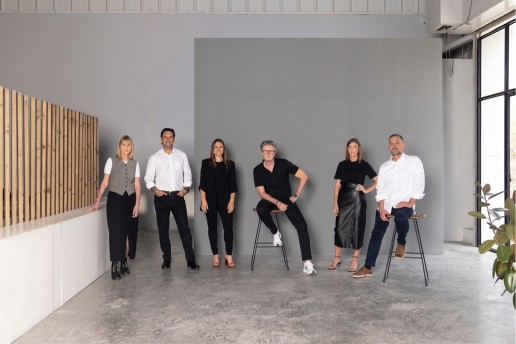Akula reveals the benefits of faux teak
The hospitality and cruise industry has long relied on teak wood for its timeless elegance and resilience. However, natural teak comes with its challenges – it requires regular maintenance, is prone to weathering and contributes to deforestation. Akula’s faux teak addresses these issues head-on, offering an eco-friendly and sustainable alternative without compromising on style or quality.
One of the critical benefits of the faux teak from Akula is its eco-friendly nature. Traditional teak wood contributes to deforestation and environmental degradation. By offering a synthetic alternative, Akula helps reduce the demand for natural wood, thus playing a part in preserving forests.
The faux teak is engineered for high resilience, especially in challenging marine conditions. It is made from marine-grade materials that withstand harsh elements like saltwater, intense sun and fluctuating temperatures. This means it ideal for use in cruise ships and resorts where traditional wood might degrade quickly if not maintained.
Unlike natural teak, which requires regular upkeep to maintain its appearance and integrity, Akula’s faux teak is much easier to maintain. It resists fading, cracking and weathering, which reduces the need for frequent repairs and replacements. This is particularly advantageous for the busy hospitality and cruise industry, where reducing maintenance time is always a priority.
In the long run, the durability and low maintenance requirements of Akula’s faux teak can lead to significant cost savings. Reduced repair, replacement and maintenance costs contribute to a more economical choice over natural wood.
Akula’s faux teak can be used in a variety of settings and applications, from lounging to dining, and can be customised to suit different design requirements. Its versatility makes it a practical choice for areas within the hospitality and cruise industry.
Related Posts
21 November 2023
Introducing the inaugural AHEAD 100
21 November 2023
Namron Hospitality unveils fifth outpost in Tulum
21 November 2023




